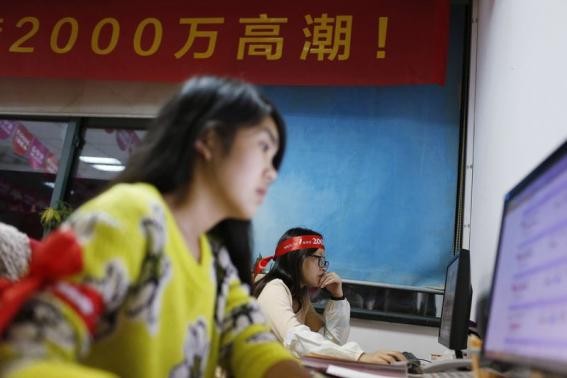On the same day that a feud between Alibaba and Beijing was escalated, China's State Administration of Foreign Exchange (SAFE) announced a pilot program designed to facilitate higher levels of international e-commerce transactions.
The SAFE lifted the overseas online transaction limit by five times to $50,000, while foreign exchange payment companies can open more foreign exchange accounts under the new scheme.
The cross-border foreign-exchange payment institutions that are affected by the pilot scheme were introduced in 2013 as part of another pilot initiative. The institutions were piloted in Shanghai, Beijing, Chongqing, Zhejiang and Shenzhen, in response to an increasing demand for cross-border online shopping.
The introduction of the payment institutions were complemented by new measures, such as the People's Bank of China (PBOC) July 2013 document, the "Circular Concerning the Simplification of Cross-Border RMB Procedures and Improvement of Relevant Policies," which was formulated to help simplify cross-border RMB transaction procedures; and SAFE's "Guidelines for the Administration of Foreign Exchange Under Service Trade," which sought to simplify foreign exchange rules for the service industry, in addition to abolishing 49 SAFE regulations.
The latter document was launched in late July 2013 and became effective on Sept. 1, 2013.
According to data from the General Administration of Customs, by the end of last year, the total trade volume across all of the five pilot cities from 2013 was more than 3 billion yuan ($489.12 million).
Additionally, the Ministry of Commerce released expected figures for 2016. The ministry anticipates that the trade volume will reach the 6.5-trillion-yuan mark, while average annual growth will register at a level that is more than 30 percent.



























